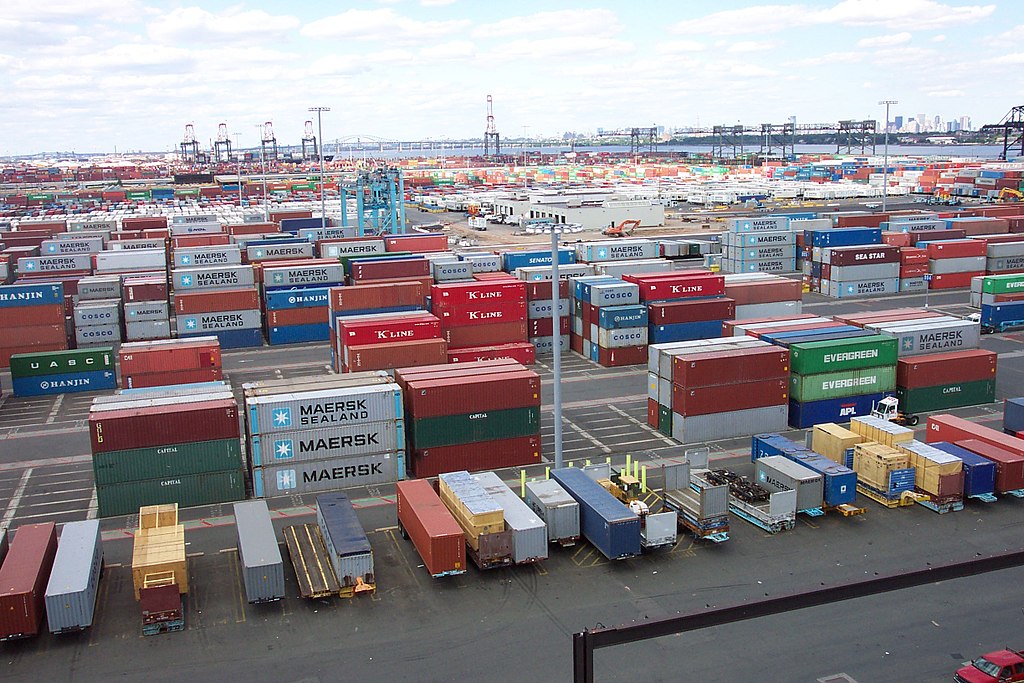The Corporate Sustainability Due Diligence Directive (CSDDD), approved by the European Parliament on April 24, 2024, with a final approval passed on May 24, 2024, after extensive negotiations, marks a significant shift in the global business landscape. This Directive fosters responsible business conduct by encouraging companies to uphold human rights and minimize environmental impacts across their operations and supply chains. While primarily targeting European companies, its ripple effects are set to influence Indian businesses engaged in international trade significantly.
The CSDDD’s risk-based approach allows companies to prioritize efforts based on the severity and likelihood of impacts, encouraging continuous improvement towards broader sustainability goals. Building upon existing frameworks like the UNGPs and OECD Guidelines ensures consistency and coherence in due diligence efforts. CSDDD implementation is also closely linked with double materiality and impact materiality exercises and implications arising from Corporate Sustainability Reporting Directive (CSRD) governance will influence CSDDD enforcement.
What is CSDDD?
In essence, the CSDDD requires companies to identify, prevent, mitigate, and account for adverse human rights and environmental impacts within their operations and value chains. These encompass issues such as child labour, forced labour, pollution, deforestation, and climate change.
The Directive applies to large EU companies and high-risk SMEs with more than 1,000 employees and a worldwide turnover higher than 450 million euros. However, its indirect impact extends to their suppliers and business partners globally, including those in India. Non-EU companies with equivalent turnover in the EU are also included.
Although small and medium-sized enterprises (SMEs) are not directly captured in the CSDDD ambit, they are likely to be affected ‘in their capacity as contractors or subcontractors’ to the larger companies. This highlights the crucial role that SMEs play in the supply chain and the importance of their compliance with the CSDDD.
Impact on Indian businesses
The CSDDD’s influence extends far beyond Europe, significantly impacting Indian businesses engaged in international trade, particularly those exporting to the EU or within EU-connected supply chains. The CSDDD could create new non-tariff trade barriers for Indian exporters if they are unable to meet the due diligence standards. This could lead to delays in shipments, increased costs, or even the exclusion of Indian products from the EU market.
Indian businesses will face:
- Enhanced Scrutiny: Stricter audits, transparency demands, and potential contract terminations due to non-compliance.
- Increased Costs: Investing in due diligence processes, operational adjustments and capacity building can potentially result in additional expenses.
- Potential Legal Liability: Non-compliance with CSDDD carries significant legal risks, including fines and reputational damage. This underscores the importance of adhering to the Directive and taking proactive steps towards compliance.
Future outlook in India
As the CSDDD comes into effect, the full impact on businesses remains uncertain. However, it is inevitable that global businesses will be compelled to prioritize the protection of human and environmental rights. This necessity, while it should not have to be explicitly stated, will certainly spur those who have been complacent to take notice and rectify their practices, thereby fostering responsible business conduct.
While India lacks a direct CSDDD equivalent, the focus on corporate social responsibility and sustainability is growing. Regulations like the Companies Act, National Guidelines on Responsible Business Conduct (NGRBC), and SEBI’s BRSR Core framework of assurance and ESG disclosure for value chain indicate a shift towards increased transparency and accountability. Market forces are also driving change, with global companies demanding higher sustainability standards from their suppliers.
Indian businesses should proactively familiarize themselves with the provisions of the Directive and assess their relevance to their business. By doing so, they can navigate the evolving legislation landscape successfully. Implementing a comprehensive plan to identify, evaluate and mitigate risks in their operational value chain is important.
Companies will need to invest in capacity building by ensuring that sufficient staff training and relevant technology are in place and collaborating with relevant stakeholders to build the necessary capabilities for compliance.
Another recommended way forward is engaging with global supply chain sustainability solution providers with global expertise. It is essential to view CSDDD compliance as an opportunity to embed sustainability into business strategy and gain a competitive edge in the global marketplace.
In conclusion, the CSDDD signals a new era of corporate responsibility, urging Indian businesses to embrace sustainable practices to thrive globally. This presents an opportunity to enhance competitiveness, attract global partners, and contribute to a more sustainable and resilient future.
The views and opinions expressed in this article are the author’s own, and do not necessarily reflect those held by pv magazine.
This content is protected by copyright and may not be reused. If you want to cooperate with us and would like to reuse some of our content, please contact: editors@pv-magazine.com.








By submitting this form you agree to pv magazine using your data for the purposes of publishing your comment.
Your personal data will only be disclosed or otherwise transmitted to third parties for the purposes of spam filtering or if this is necessary for technical maintenance of the website. Any other transfer to third parties will not take place unless this is justified on the basis of applicable data protection regulations or if pv magazine is legally obliged to do so.
You may revoke this consent at any time with effect for the future, in which case your personal data will be deleted immediately. Otherwise, your data will be deleted if pv magazine has processed your request or the purpose of data storage is fulfilled.
Further information on data privacy can be found in our Data Protection Policy.